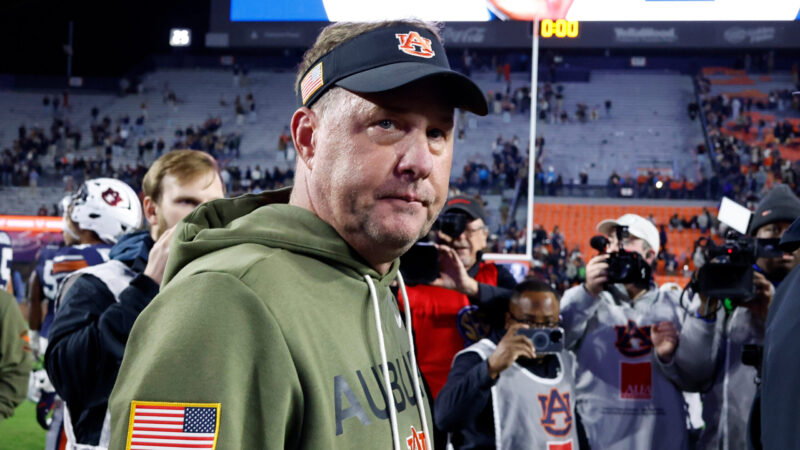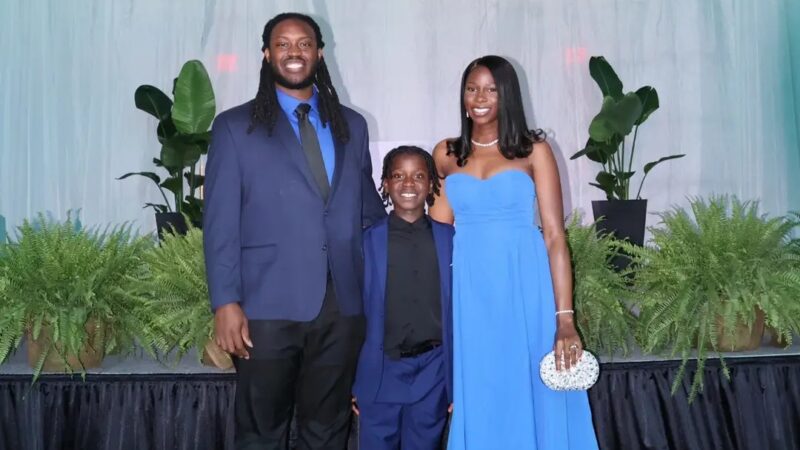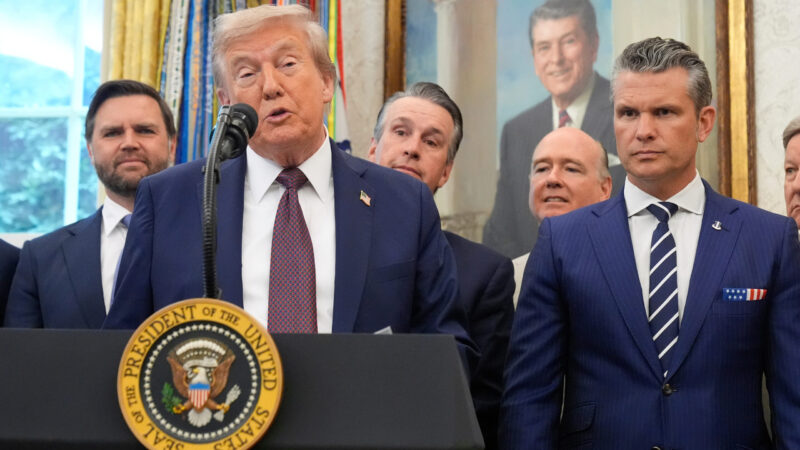Bill advances which would further protect police from criminal, civil prosecution
A recent bill in Alabama’s legislature would establish new legal protections for police officers who use physical or deadly force on a person while in the line of duty. Bill supporters say it will improve police safety, recruitment and retention. But critics worry it would give police officers immunity from criminal prosecution.
Current law protects officers from liability for their actions unless they act willfully, maliciously, fraudulently, in bad faith, beyond their authority or under mistaken interpretation of the law.
HB 202, however, would protect officers from criminal prosecution when they use physical force. This protection lasts so long as they act within their “discretionary authority” and do not violate a person’s constitutional right to not have excessive force inflicted on them.
“Just as much as additional protections are in this bill, it also clearly lays out when an officer acts outside that discretionary authority in a reckless manner,” the bill’s sponsor, Republican Rep. Rex Reynolds, said. “Then all the civil and criminal prosecutions stay in place.”
The bill protects against civil liability if officers act recklessly. If an officer is charged, Reynolds said there will be a pretrial hearing within 45 days in which a judge will decide if the officer’s actions were within the scope of their work. Under the bill, protections extend to corrections officers.
The bill is part of a larger package of bills aimed at fighting crime. Reynolds added police departments have been struggling to adequately recruit officers.
“I think law enforcement [has been] under scrutiny over the last 5 or 6 years in states, not just Alabama but across the country, has kind of created that environment,” Reynolds said. “This is about showing Alabama law enforcement that we support them. We’re standing behind them.”
But bill opponents are concerned the measure will protect police officers when they should be prosecuted.
“This bill will further prevent police from being able to be prosecuted because they can say, ‘I was doing this either to protect myself’ or ‘because I felt threatened,’ if it’s more deadly force,” Benard Simelton, president of the Alabama chapter of the NAACP, said.
Simelton added that police already have extensive immunity from prosecution. He argued it is already too difficult to bring charges against an officer over misconduct.
“Why do they need additional protection?” Simelton said. “They already have enough protection under the color of law.”
During a House committee hearing Wednesday, Reynolds debated Democratic Rep. Christopher England over the language of the bill.
England pointed out that current law gives both police and civilians the right to a “stand your ground” hearing in criminal cases, in which a judge looks at the facts of the case and decides if the defendant acted in self-defense. But under HB202, England argued that police officers would have a special, legal defense based on their status as an officer rather than the facts of the situation at hand.
The bill passed out of committee and now heads to the full House.
Roy Wood Jr. on his father, his son and his new book
Actor, comedian and writer Roy Wood Jr. is out with a new book -- "The Man of Many Fathers: Life Lessons Disguised as a Memoir." He writes about his experience growing up in Birmingham, losing his dad as a teenager and all the lessons he learned from various father figures throughout his career.
Auburn fires coach Hugh Freeze following 12th loss in his last 15 SEC games
The 56-year-old Freeze failed to fix Auburn’s offensive issues in three years on the Plains, scoring 24 or fewer points in 17 of his 22 league games. He also ended up on the wrong end of too many close matchups, including twice this season thanks partly to questionable calls.
In a ‘disheartening’ era, the nation’s former top mining regulator speaks out
Joe Pizarchik, who led the federal Office of Surface Mining Reclamation and Enforcement from 2009 to 2017, says Alabama’s move in the wake of a fatal 2024 home explosion increases risks to residents living atop “gassy” coal mines.
‘It’s like feeling the arms of your creator just wrapped around you’: a visit to a special healing Shabbat
Members of Temple Emanu-El in Birmingham gathered recently for their traditional Friday Shabbat service. But this particular service was different, as could be seen by all the people dressed in their finest pink.
Space Command is coming to Huntsville. What might that mean for first-time homebuyers
While Huntsville has been a more affordable market than other growing cities, what’s it been like for those looking for their first home?
Colorado says relocation of Space Command to Alabama is ‘punishment’ for mail-in voting
The litigation announced by Colorado Attorney General Phil Weiser asks a federal judge to block the move as unconstitutional.









